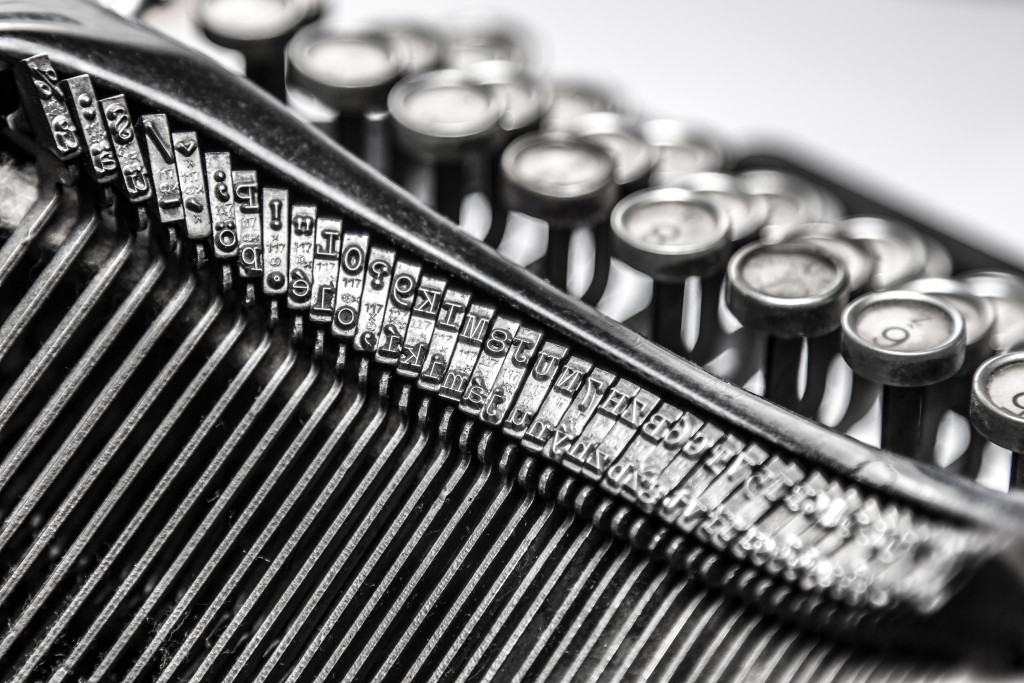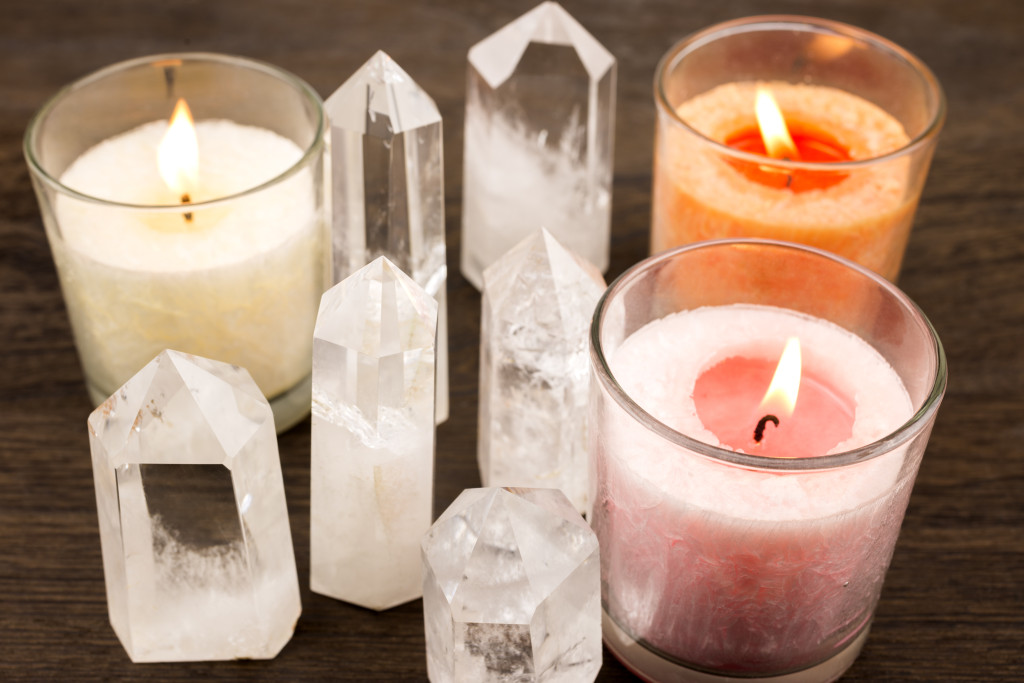 It's been a rough few weeks. After getting out of the hospital in March and finishing ten days of IV antibiotics for my liver infection I enjoyed five weeks of feeling like A Million Bucks. Well, not other people's version of a million bucks, but a significant improvement on the Varying Shades of Shite that had become my norm. Dammit, I'd take it!
It's been a rough few weeks. After getting out of the hospital in March and finishing ten days of IV antibiotics for my liver infection I enjoyed five weeks of feeling like A Million Bucks. Well, not other people's version of a million bucks, but a significant improvement on the Varying Shades of Shite that had become my norm. Dammit, I'd take it!
I finished editing My Grape Year, arranged the photo shoot in France for its cover, planned a Creativity workshop for the end of May I am super stoked about, even wondered if I may be able to make it back to Burgundy in July. Then, about six weeks after my IV treatment, I started to slide slowly but inexorably downhill. Nausea, increased pain and discomfort in my liver area, fatigue, weakness, and random fevers. It basically feels like a combo of the stomach flu and the actual flu that waxes and wanes throughout my waking hours. There are no longer good days and bad days, but rather good hours and bad hours, or often, good minutes and bad minutes.
The whites of my eyes are no longer white but rather pale yellow and I'm sure the results of my last batch of bloodwork are going to be pretty horrific. I'm still waiting on the doctors to get back to me with A Plan but I know that sooner or later I am heading towards another all expenses paid stay at Club Med. On top of all that, I'm also nearing my yearly colonoscopy / gastroscopy and my 6 month MRI - always stressful as they look for all variety of nastiness that could disqualify me from a potential liver transplant.
So...yeah. Basically a shit sandwich.
I wake up every morning with a lead weight not only in my liver, but in my soul. A lot of that is physical pain and discomfort, but even worse, I think, is the mental anguish, particularly the intense, crushing anxiety.
I have been thinking a lot about my lifelong struggles with anxiety and the lifelong struggles that so many of my fellow writers have with anxiety. Just for the record, not all writers are headcases - a minority are remarkably sane - but frankly, most of my favorite ones have a bit of the headcase in them.
I see some people deal with serious illness and am amazed at how they just power through and DO.NOT.WORRY.. They do not try to project the future, they do not second guess, they do not doubt...they just decide on an outcome and never mentally sway from that path. How I wish I could be like that.
Instead, I was born with the "what if?" gene. What if they run out of antibiotics that work on my liver infection? What if they find cancer? What if one of my varices ruptures? What if I am approved for transplant but my potential donors can't get vacation time off to be assessed? What if I get a fever when I am supposed to be getting the colonoscopy? What if I die? What if I live? What if, what if, what if, what if, WHAT IF?
Not only is my brain obsessively asking 'what if' all the time like a needle on a skipping record, but it also concocts and projects fully fleshed-out scenes of the various 'what if' scenarios - good and bad. Me being told by the doctor that my PSC has morphed into cancer, me waking up from transplant feeling like I've been reborn, me being counselled by the hospice people as I prepare to die, me on the stage at a TED talk after a successful transplant talking about how creativity saved me...it's all there in turns - the terrifying and the galvanizing, the wretched and the glorious.
Lately, I long to muzzle this overactive 'what if' drive on my brain, but no amount of meditation, gratitude journaling, sessions with spiritual healers, or reflexology seems to be doing the trick. The truth is nothing in my life (and I have tried pretty much everything) has ever changed that aspect of my mind. The 'what if' is as much an innate part of me as my brown hair or my love of the ocean or my fear of knives.
But that 'what if' has a flip side. Without the 'what if' I wouldn't remember my past in terms of scenes and stories and be able to write about it vividly in my memoirs. Without the 'what if' I wouldn't be able to concoct a paranormal romance between a winemaker and a mermaid, as I am doing right now for my first work of fiction. Without the 'what if' no writer would be able to write but because of the 'what if' so many of us writers live with anxiety.
My 'what if' gene is the perfect example of a human paradox; the worst part of me is also the best part of me.
Without 'what if' I would not be waking up every morning with that lead weight of anxiety in my soul, but without my 'what if' I would not have writing in my life as one of my strongest lifelines in these stormy seas.
My reflexologist gave me an interesting idea last week. She said, "how about you try writing down little scenes of your life after a successful transplant?"
I have done that in a little (turquoise) journal - a little snippet per day. I'm surprised at how it is the little things that capture my imagination - not the TED talks as much as being able to volunteer to take Clem's class to the beach, without worrying I may have to bail due to a fever or nausea or a hospitalization, gardening with Franck without needing to rest on the couch, not having to tell my girls I need to head to the hospital again...a normal life - god how I will treasure it if I am lucky enough to get it back.
I am tired of fighting against my essential self. My anxiety, for better or for worse, will probably always be a part of who I am. I am going to invite my 'what-ifitis' on this journey with me, instead of making it stow away in the life-raft. I'll let you know how it goes.










